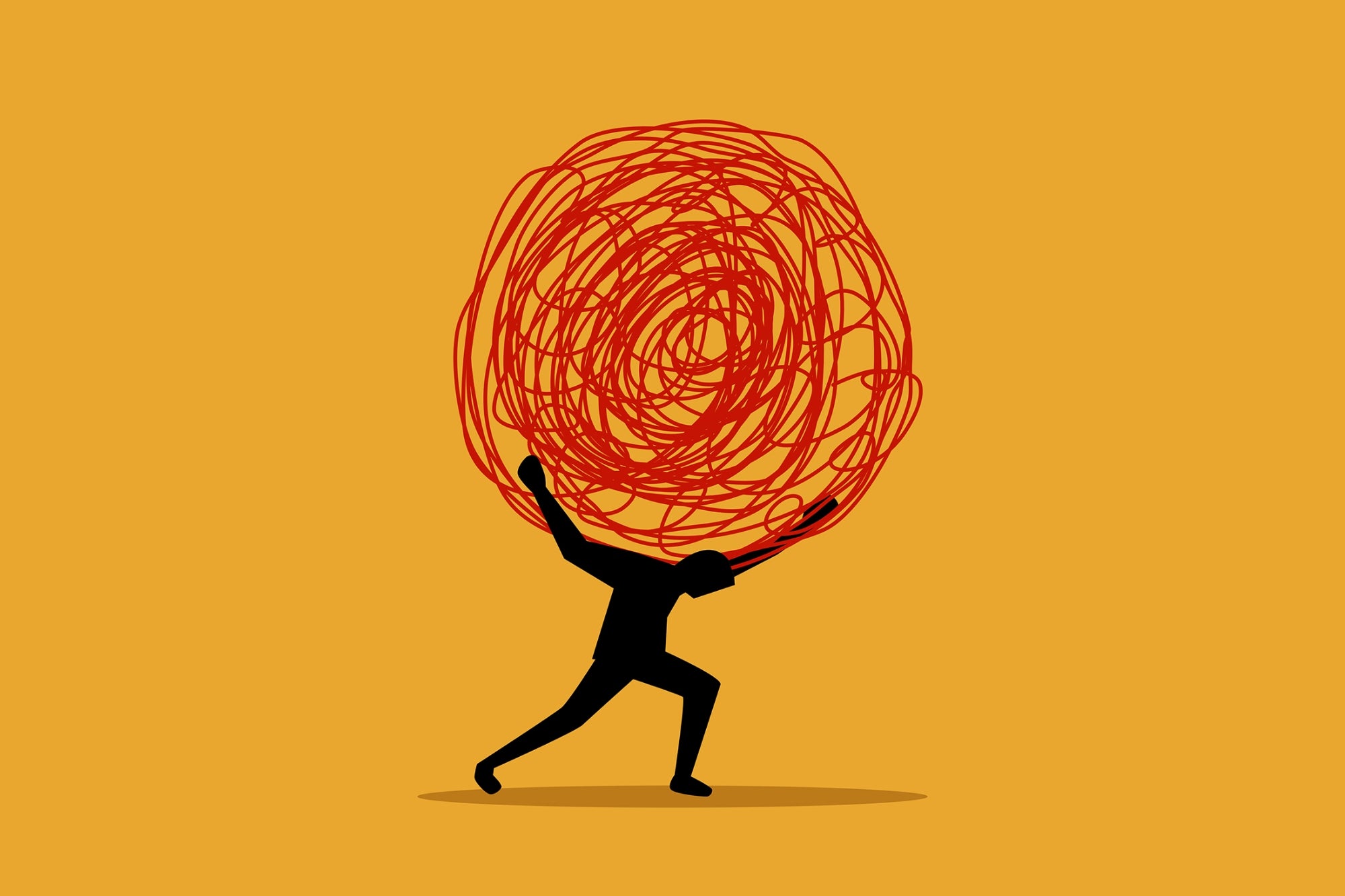uBeam's Wireless Technology Aims to Kill the Power Cord With ultrasonic waves, the newest innovation in powering up charges ahead.
Opinions expressed by BIZ Experiences contributors are their own.

If uBeam has its way, dead batteries and charging cords will soon be a quaint memory, much like rotary dial telephones. The Los Angeles-based company has developed technology that transmits ultrasonic waves (at a register well beyond what's audible) that are translated by devices as a microscopic quiver; this vibration is converted back into an electrical charge to power anything with a battery, no wires or wall plugs required.
Meredith Perry, who began tinkering with wireless charging as a paleobiology undergrad at the University of Pennsylvania, started the company in 2011. "Just think of my grandpa, who could have his pacemaker powered remotely, or my other grandpa, who can't hear if he forgets to change his hearing-aid battery," she notes of the technology's broad potential.
Areas where uBeam could reshape business include powering tablets at retail, wireless headsets at warehouses, battery-powered tools at construction sites—devices would always be charged and ready to go. Offices, too, now designed by necessity around fixed infrastructure like wall sockets, would be open to reinterpretation.
Because of that vast potential, Perry nabbed $10 million in 2014 in a Series A round led by Upfront Ventures, with investment from Andreessen Horowitz, Marissa Mayer, Tony Hsieh and Mark Cuban, among others. Total funding to date is $13.2 million.
The money is going into the first product, a transmitter that will automatically recharge smartphones, scheduled for release in 2016. But Perry is looking beyond handhelds to the world of connected appliances, cars and other everyday tools. "For us, the goal is to have control over the entire charging experience for the entire Internet of Things," she says.
Perry does not have the field to herself. She's competing against WattUp from Silicon Valley's Energous Corp., which beams a 5.8 GHz radio frequency that wireless devices convert into DC power, and may debut in early 2016 in devices developed by SK Telesys (a Korean rival of Samsung) and manufactured by Taiwanese tech giant Foxconn.
While WattUp may win the race to market, Perry and her investors are counting on uBeam's technology to win the war. WattUp can transmit power only up to 15 feet, and signal strength degrades as it moves away from the transmitter; uBeam's transmitter reaches significantly farther and delivers more juice, resulting in speedier charges.
Ultimately, Perry says, consumers will be the real winners, as recharging gadgets becomes as simple as walking into a store, office or home.









